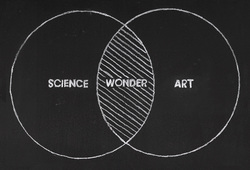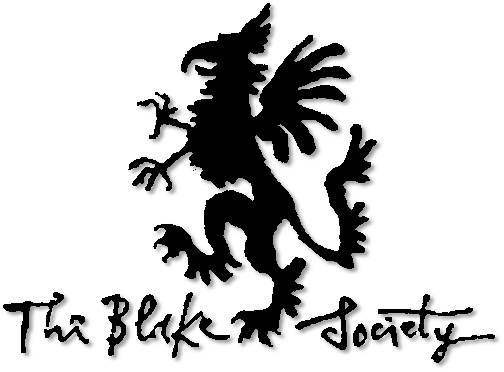
Freshers beware! You are about to be asked a question. One that is so powerfully divisive it splits not just you from your peers, but even college fellows from theirs; the question is thus:
“So which are you then: arts or sciences?”
And judgement passes, fostered by decades of prejudices, endowing the answerer with seemingly obvious social, behavioural and sartorial qualities. How are we to scale such a barrier to potential friendships? Just keep fighting the good fight; you always need people to argue with.
But you won’t be arguing much longer. It is my great privilege to inform you that we have a solution at long last. Science is better than arts. At the very least, ‘Science is more beautiful than art’ according to esteemed Guardian columnist, Jonathon Jones. Jones purports that it is because of the lack of aesthetic prowess that “science seems to dwarf today's art”. Without insult, this man does not understand the point of science. I wish, at least, he could try to use some objective reasoning when claiming science to be the superior. Instead he revels in making the most ridiculous comparison between pictures of the Eagle Nebula and the new Damien Hirst exhibition. Just because the Hubble telescope can take prettier photos than my friend’s Holga doesn’t mean scientists find more beauty in their work. What is beauty anyway? What form does it take? I’m sure artists are far more familiar with such questions than scientists are.
Don’t let me give you the impression that I don’t value this article. I value its peculiarity. By that I mean that it is rather odd that an art critic can move so swiftly from having mutual respect to downright sycophancy. I’ll give my favourite example where he concludes that “in the 21st century, art rarely rivals the capacity for wonder that modern science displays in such dazzling abundance”. Oh why thank you sir, you do flatter me so! Did I mention I study chemistry?
Am I biased towards the arts? In short, no. My bias is simply towards finding the truth. Furthermore, I’d hope that in search for such a thing I would not be so stubborn or ignorant to think that the scientific method is the only one. Eastern philosophy nicely establishes three different approaches to understanding the nature of reality, chiefly expressed through the study of parts, causes and conditions, and thought. For me, there is a clear distinction between the first two approaches, essentially modern science, and the last, the realm of art. Here’s my point: you just cannot meaningfully compare them. They have different methods, and ask different questions.
I am guessing you still wish to choose a side. So be it, after all your degree depends on it- but I implore you not to hold your prejudices forever. The current economic status clearly puts pressure on what we value as a society; the Arts Council England alone lost 29.6% of its government funding last year, averaging to 15% across the country. For once in this historically bloody battle, science seems to be on top. Not by means of its inherent beauty, but rather because it is easier to maintain the status quo with a populous spellbound by technology. Don’t accede to the science-machine.
References:
http://www.huffingtonpost.com/jason-silva/at-ted-active-2011-scienc_b_832677.html
http://www.guardian.co.uk/culture/2011/mar/30/arts-council-england-funding-cuts
http://www.guardian.co.uk/artanddesign/jonathanjonesblog/2012/sep/19/science-more-beautiful-than-art


